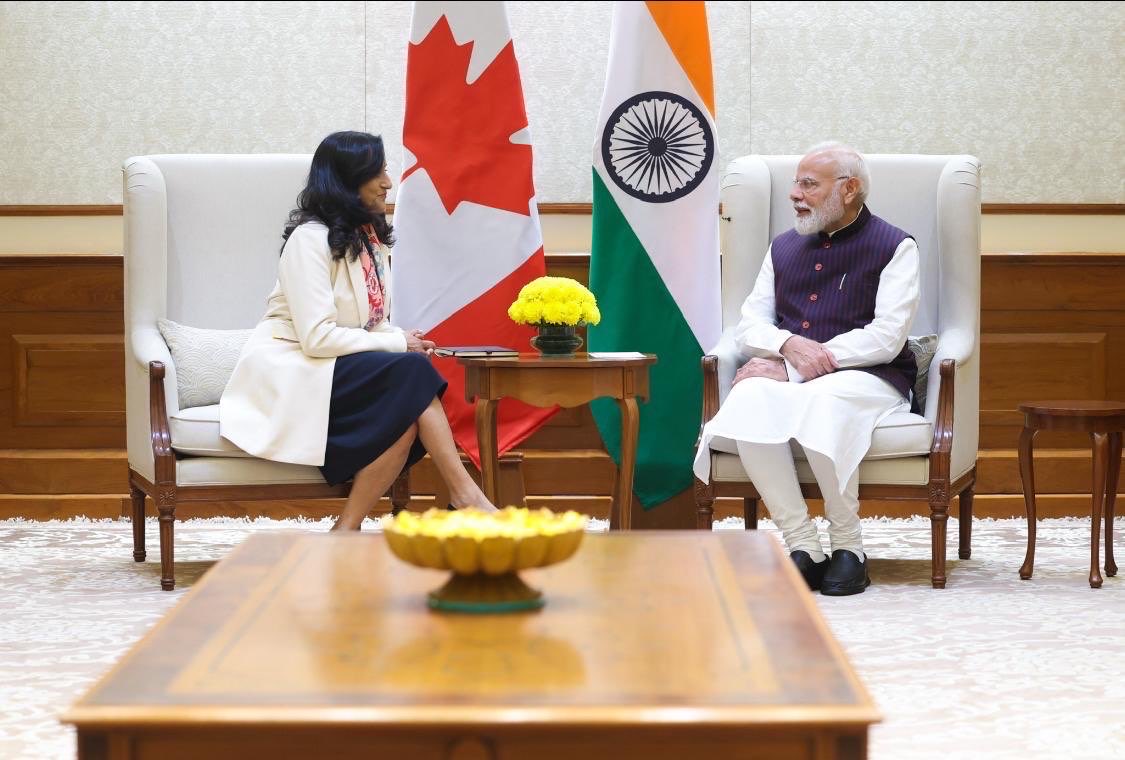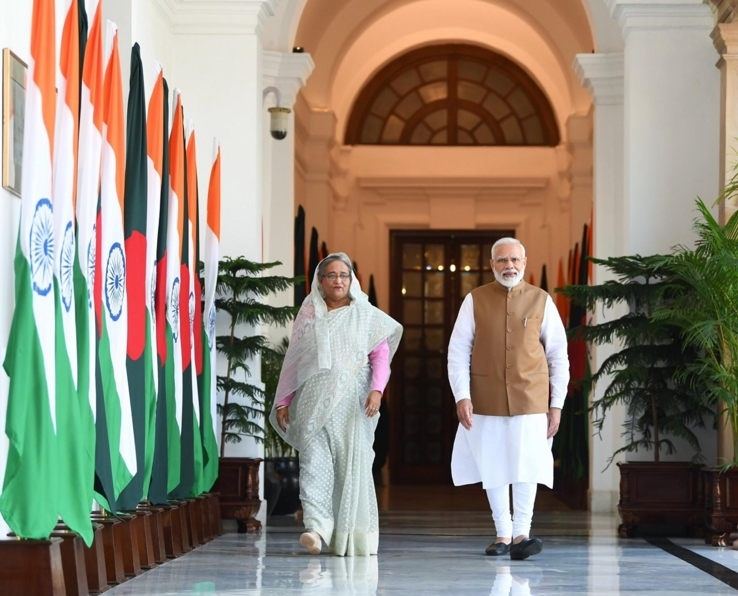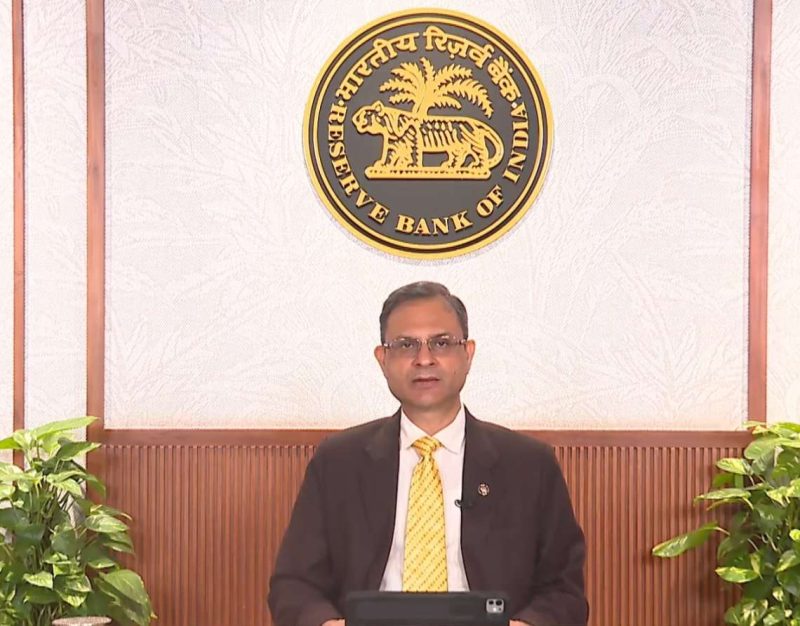Mandatory in-app purchases force consumers to pay only through their payment systems, which involves a commission fee of up to 30 per cent…reports Asian Lite News
Leading gaming platform CEOs on Monday expressed their grave concerns over the ‘extortionist’ 30 per cent tax imposed by Google on gaming apps in the country.
Mandatory in-app purchases force consumers to pay only through their payment systems, which involves a commission fee of up to 30 per cent.
Sai Srinivas, Co-founder and CEO, Mobile Premier League (MPL) highlighted that the 30 per cent commission may be viable in advanced markets like the US, but for India, it is crucial to ensure that Indian game developers receive more revenue to invest in game development and build more games.
If a developer charges Rs 100, Rs 30 goes to the play store or app store and Rs 70 goes to the developer. From that Rs 70, they have to pay for hosting, user acquisition, and other expenses.
“My view is that we should provide Indian game developers with more revenue to invest in game development and build more games,” Srinivas said at a at a panel discussion held at ‘Consilience 2023′, organised by the Law and Technology Society (L-Tech) at National Law School of India University (NLSIU) in partnership with All India Game Developers’ Forum (AIGDF).
Manish Agarwal, Co-founder, IndiGG, said the 30 per cent tax on gaming apps is unfair.
“The 30 per cent ‘jagirdari’ tax is an extortion and I believe in India we should not allow anybody to do this, especially when you’re not an Indian company,” he said.
Adding an extra 30 per cent tax on top of the Goods and Services Tax (GST) is a significant expense for consumers, which is unproductive from a gamer’s perspective, Agarwal added.
Last week, in its ongoing battle against Google’s alleged monopolistic practices in India, the Alliance for Digital India Foundation (ADIF) gained the support of South Korean legislator, Assemblywoman Jungmin Hong.
Hong recently expressed her support for ADIF and compared India’s situation to that of South Korea.
South Korea’s own experience with Google’s anti-competitive practices led to the world’s first ‘IAP Act,’ which bans mandatory in-app purchases.
South Korea’s legislation was made to protect consumers and safeguard the application ecosystem from the big tech’s monopolistic dominance. Recently, the country’s fair trade regulator, Korea Fair Trade Commission (KFTC), also imposed a $32 million fine on Google for blocking the release of games on a competitor’s platform.
At the panel discussion, Sean Hyunil Sohn, CEO, Krafton Inc. India, called for proper intervention by the government and encouraged the development of competition from third-party stores, supported by consumers.














